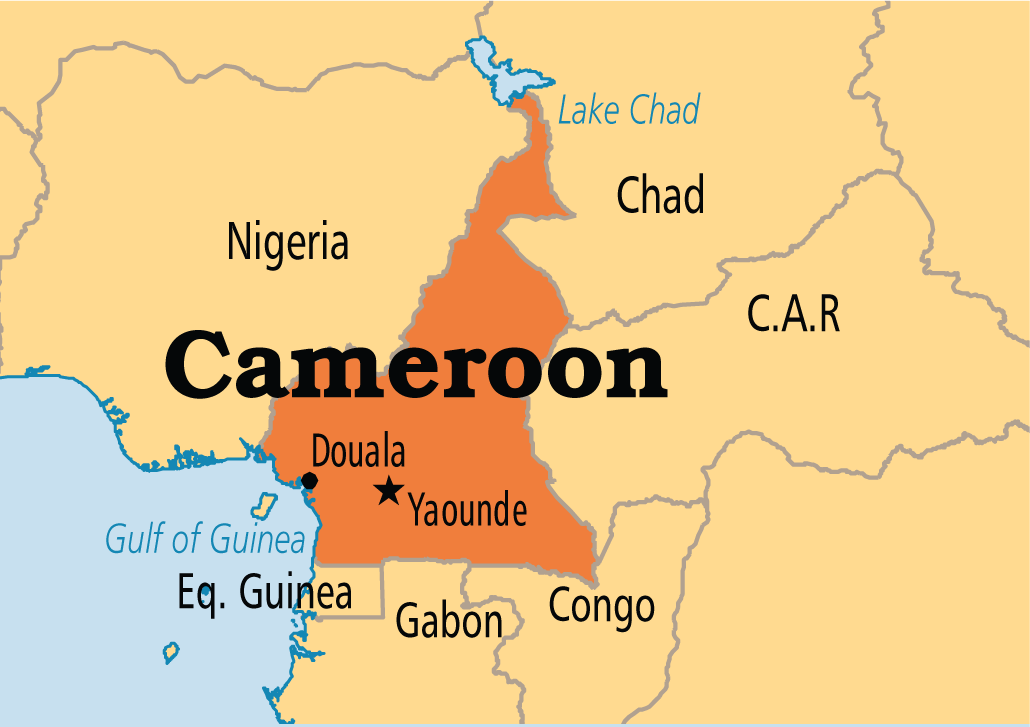
Open grazing: Herdsmen and farmers clashes have reduces many communities to rubble in Nigeria. Photo Credit/AFP
How Nigeria grazing Ban Will Affect Economy
Benue State in Nigeria has officially banned open grazing by Fulani herdsmen across the state. The state government has announced that it has officially effected the ban on open grazing throughout the state.
Farmers and traders in the North Central region of the country may again have their freedom and peace to go about their daily activities.
Benue state is not the only state affected by the activities of the herdsmen. All parts of the country especially the North-Central, North-West and South-West regions of the country have had more than a fair share.
The ban, in Benue state, followed years of violent and often deadly clashes between nomadic Fulani herdsman and local farmers.
The herders accuse farmers of killing their cattle while the farmers say the animals are destroying their crops. The new law would require everyone to keep their livestock on ranches. Those breaking the law face the possibility of a five year jail sentence.
The Fulani herdsman say it unfairly targets their nomadic way of life, but the Benue state government says its aim is to restore peace, reports the BBC’s Chris Ewokor from the capital, Abuja.
The Global Terrorism Index says Fulani militants were responsible for almost 1,800 deaths during 2014 and 2015, leading to the government ordering a crackdown on the herders.
It will be recalled that Governor Samuel Ortom on May 22, signed the anti-open grazing and anti-kidnapping, abduction, cultism and terrorism bills into law.
Ortom had said the anti-grazing law would put to an end to incessant clashes between herdsmen and farmers in Benue State.
The governor lamented the destruction of lives and property in clashes involving farmers and herdsmen over the years, and promised to promote ranching since it had proved to be the best way of rearing livestock globally, hence the need to officially effect open grazing ban in the state.




Recent Comments